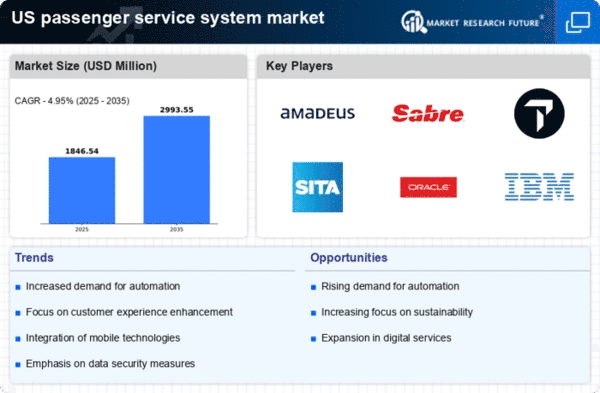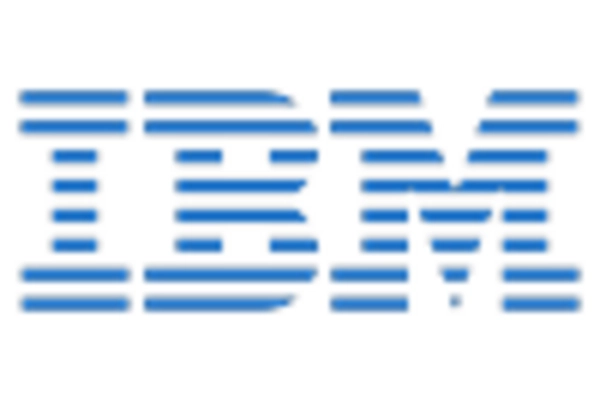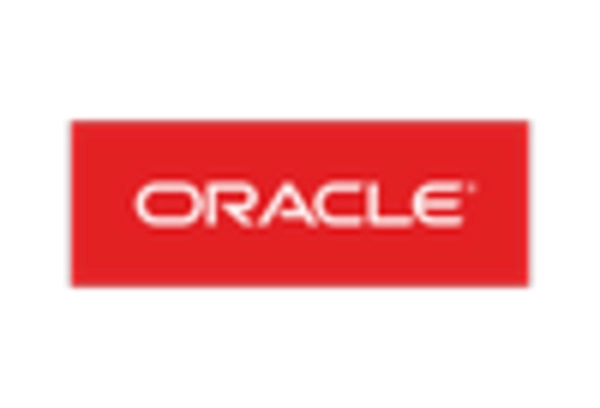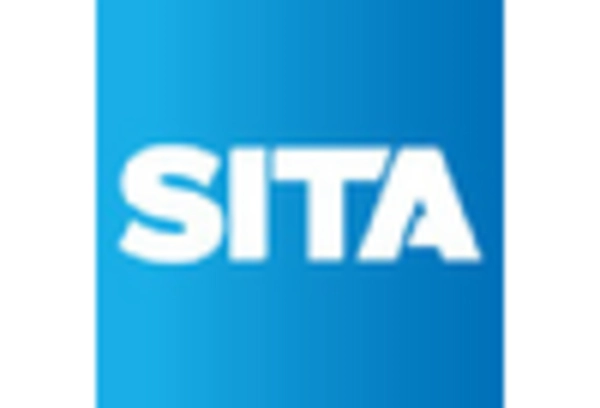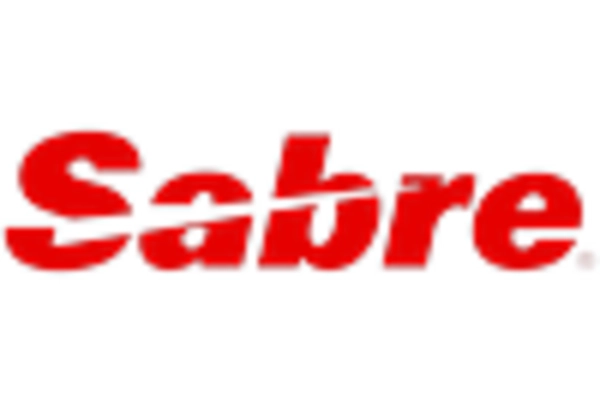Growing Urbanization Trends
Urbanization is a significant driver impacting the passenger service-system market. As more individuals migrate to urban areas, the demand for efficient and reliable transportation services escalates. Current statistics indicate that over 80% of the US population resides in urban settings, leading to increased pressure on public transport systems. This trend necessitates the development of robust passenger service systems that can accommodate higher volumes of travelers. Consequently, the market is likely to see a surge in investments aimed at enhancing infrastructure and service delivery to meet the needs of urban populations.
Regulatory Changes and Compliance
Regulatory changes are significantly influencing the passenger service-system market. New policies aimed at improving safety, accessibility, and environmental standards are being implemented across various states. Compliance with these regulations often requires substantial investment in technology and infrastructure. For instance, the introduction of stricter emissions standards is pushing companies to adopt greener technologies, which may involve initial costs but can lead to long-term savings and market advantages. As the regulatory landscape evolves, companies in the passenger service-system market must remain agile to adapt to these changes and ensure compliance.
Increased Focus on Customer Experience
The passenger service-system market is increasingly prioritizing customer experience as a key driver of growth. Companies are investing in user-friendly interfaces, personalized services, and enhanced communication channels to meet evolving consumer expectations. Recent surveys suggest that 70% of travelers consider customer service quality as a critical factor when choosing transportation options. This focus on customer satisfaction is prompting service providers to innovate and differentiate their offerings, thereby fostering loyalty and repeat business. As competition intensifies, the emphasis on customer experience is likely to shape the future landscape of the passenger service-system market.
Technological Advancements in Transportation
The passenger service-system market is experiencing a notable shift due to rapid technological advancements in transportation. Innovations such as mobile ticketing, real-time tracking, and automated customer service systems are enhancing user experience and operational efficiency. According to recent data, the integration of advanced technologies is projected to increase market growth by approximately 15% annually. These advancements not only streamline operations but also improve customer satisfaction, which is crucial in a competitive landscape. As consumers increasingly demand seamless travel experiences, the passenger service-system market must adapt to these technological changes to remain relevant and efficient.
Rising Demand for Integrated Mobility Solutions
The demand for integrated mobility solutions is emerging as a crucial driver in the passenger service-system market. Consumers are increasingly seeking seamless travel experiences that combine various modes of transportation, such as buses, trains, and ridesharing services. This trend is reflected in the growing popularity of mobility-as-a-service (MaaS) platforms, which facilitate easy access to multiple transport options through a single application. Market analysis indicates that the integration of these services could enhance operational efficiency and customer satisfaction, potentially increasing market share by 20% over the next few years. As such, the passenger service-system market must adapt to this evolving demand to remain competitive.

